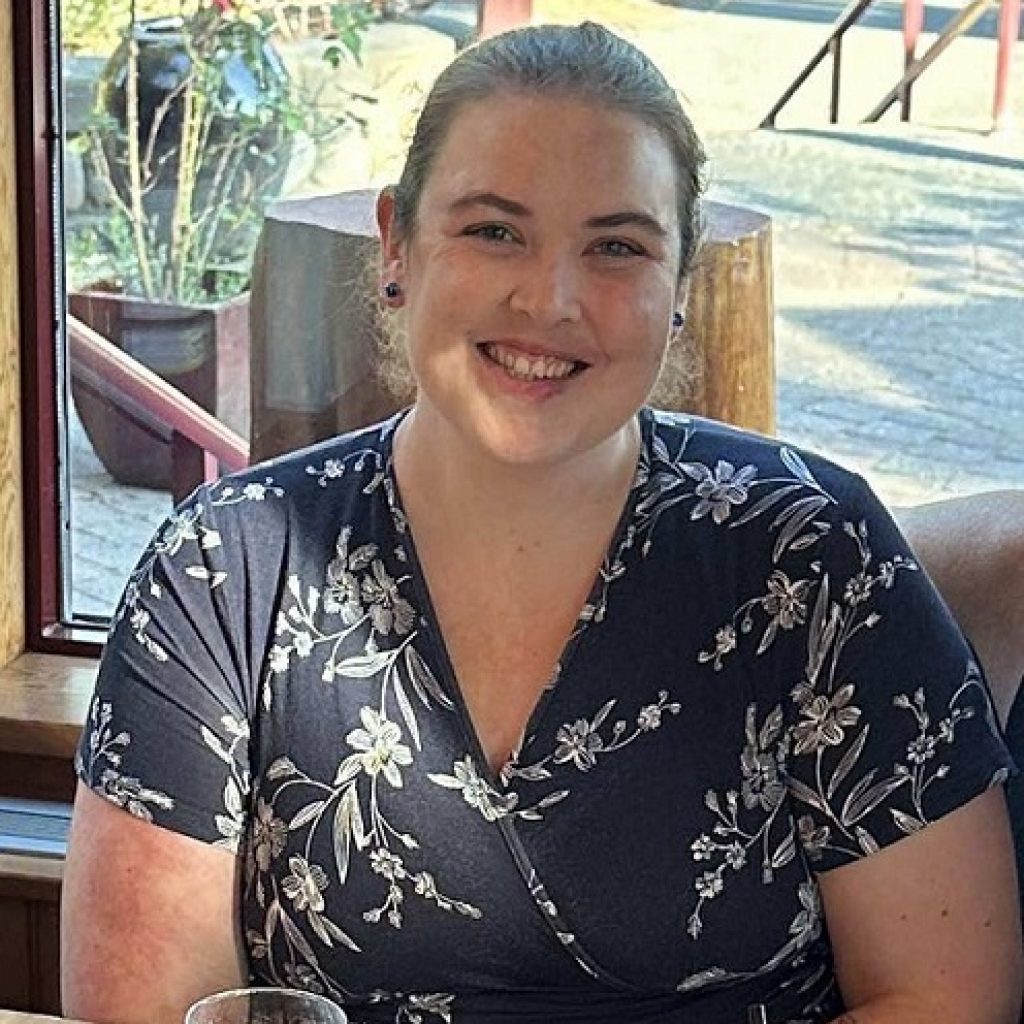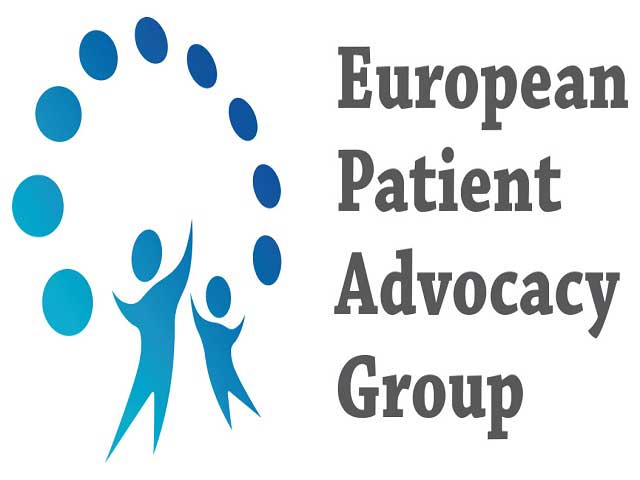One of the most obvious changes when moving from pediatrics to adult care is the changes in the hospital experience.
This is a topic that in British Columbia, Canada is something that medical professionals are trying to address but seem to be having a hard time addressing the transition from a truly patient perspective. It is easy to assume, because you are talking about leaving childhood care, that you are talking to a child, this is really not the case as most patients are already 18-19, but also in my rare disease experience, by 20 years old when I left pediatric care, I was an expert on my condition and often the only expert in the room.
What I am trying to say is that many of the supports and information provided by the British Columbia medical community are simplified handholding. These are tips like, the adult care won’t be as colourful and fun, you need to be on time for your appointments, and doctors will not chase the patient for appointments. This doesn’t truly support patients who are nervous about the change. In my experience, yes my disease-specific care was in a pediatric hospital, but many emergency care moments occurred in standard adult care hospitals, so I already know the “colourful” difference between a peds unit versus an adult care unit. Likewise, with a complex disease, I had seen doctors who required me to be on time and wouldn’t chase me for an appointment most doctors are simply too busy for this where I live.
So, what are the differences between pediatrics and adults that I wish I had known? The first was understanding the vast amount of knowledge my pediatric team held. In Canada, CMTC is viewed as a childhood disease, adult care has almost no expertise. Currently, the only individual doctor that I have gone to who knows about my condition before meeting me is still at the children’s hospital, but as they are in the genetics wing, I can access them even as an adult. I am so thankful to have access there, but it took a decade to connect with them, despite having been in the same hospital my entire childhood. Had I known that I was going to lose this standard understanding of my condition that my pediatric team had, I definitely would have asked them to provide as much information about my condition as they could directly to me rather than just forwarding it to the doctors they thought would care for me.
I also would have insisted on being referred to the adult care doctors at the age of 16 so that I could start to meet some of these specialists before I lost access to the pediatrics team. The reality for me was that after my last appointment with my pediatric team, I was passed to a specialist who was supposed to “quarterback” my care, however, they felt my condition was beyond their capabilities so they declined to take my case, now just want to say here I have a huge respect for doctors that are honest with their patients about their capabilities. I have mentioned this before but I am so grateful when doctors are upfront and honest about this rather than dragging it out and I lose years of care before they decide to send me along. In this case, however, when I went back to the pediatric team they informed me I had been discharged from the children’s hospital and it was this specialist’s or my GP’s responsibility to find a new head of care, something both had already admitted they didn’t feel qualified doing as they did not know anything about this condition. This is where a referral at a younger age to meet the “next team” would be incredibly beneficial so that if a doctor feels they cannot manage your care your pediatric team has time to go back to the drawing board.
Another element to touch on is the physical difference at the hospital, as I mentioned with my condition and living situation, I spent more time in adult care hospitals than in pediatric hospitals during my childhood. However, the most critical appointments and the appointments I felt I was at my most vulnerable were done at the pediatric hospital. So moving to full-time care at an adult hospital the lack of “colourful” walls was not the issue it was the lack of support. The Vascular Anomalies Team I saw at pediatrics had their own offices and access to testing. It was exhausting moving to adult care where rather than meeting with the team, then going to get tests, then for some tests meeting with them again maybe half a day later, I went to the current adult model which is to wait sometimes months for a test then months more to see the doctor again. Also, the length of time provided to you as the patient to go through your concerns is drastically cut in adult care from pediatrics. Again, this is the shift from the holistic approach to single-item concerns. This is still a major challenge when I see new specialists, in the current system a specialist gets a maximum of 30 minutes for a new patient, for myself with a rare disease it can take twice that time just to get the doctor caught up on all the information they need to know to make an informed treatment recommendation, this often means 2-3 appointments, versus having a half day with a team in the pediatric hospital. Wasting both the doctor’s and the patient’s time and delaying care.
Also, in the pediatric hospital, I was in a clinic for patients who had similar conditions to me, this cut down on the staring and gawking I got while in waiting rooms or with nurses and other members of the clinics. In the adult hospital often I was seen by doctors who had never seen this condition so neither had their staff or other patients, it definitely left me with a far more vulnerable feeling and that aforementioned loss of support. It was frustrating to again be the “only one” to look like that when previously hospital visits had been one of the few opportunities I had had to not see someone with my condition but at least people with similar ones.
Overall, there are some steps you can take as a patient moving into the new setting. This is where the notetaking I discussed last month is critical, when you have four or five of these doctor-test-doctor schedules and months-long delays they start to overlap and it’s easy to forget which doctor requested which test. Notes are a huge help here. Additionally, trying to have the pediatric team introduce you to an adult care provider before you age out can make a huge difference in a seamless transition as the peds team is still there to support you. The last tip is all about confidence, the more confident you are in explaining your condition the better the reception from adult care is going to be, practice taking the lead on appointments in the pediatric setting so you get the feel for leading a discussion and discussing symptoms, this will be astronomically helpful when you have to face doctors who need to be educated by you for your care. Most of all, never forget, that you are not alone, reach out to patient groups for support as you go through this monumental shift.






